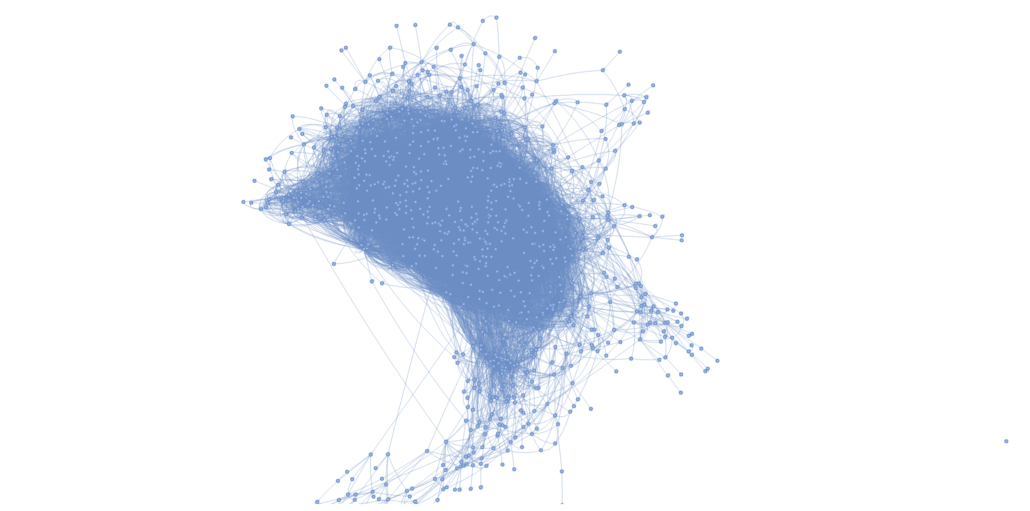Exploring Graphs in Rust. Yikes.

I’ve been a dog licking my wounds for some time now. Over on my Substack newsletter, I’ve been doing a small series on DSA (Data Structures and Algorithms). I tackled some of the easier stuff first, like Linked Lists, Binary Search, and the like. What’s more, I actually did most of it in Rust, since I’ve possibly, maybe slightly, every so slightly, fallen in love with Rust.
Like most relationships, it vacillates between pure adoration and utter hatred, depending on the problem at hand. When I did a recent article on Graphs, Queues, and BSF, I attempted it in Rust, and was struck a mighty blow, that borrow checker had me down. It seemed doable, but at the time, under time pressure to get the Newsletter out, I reverted to Python and moved on.
Alas, I’m back again, a glutton for punishment. This time I thought I should try another crack at parsing a graph with Rust, but in a real-life situation, no more made-up stuff. Actual data, actual graph, here we go. All code is on GitHub.


